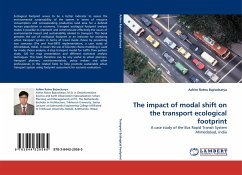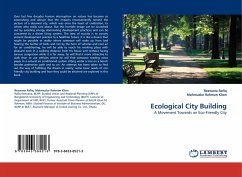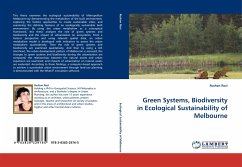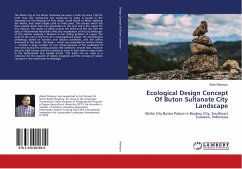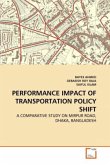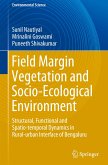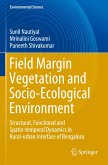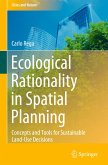Ecological footprint serves to be a better indicator to assess the environmental sustainability of the system in terms of resource consumption and corresponding productive land area for a defined human population or economy. Transport ecological footprint analysis makes it possible to represent and communicate effectively the issues of environmental impact and sustainability related to transport. This book presents the use of ecological footprint as an indicator for analyzing urban transport system in terms of travel mode choice by presenting two scenarios (Pre and Post-BRTS implementation, a case study of Ahmedabad, India). It covers the use of Discrete choice modeling is used for mode choice analysis, 4-step transport model for traffic flow pattern study, GIS for map presentation and different statistical analysis techniques. This book therefore can be very useful to urban planners, transport planners, environmentalists, policy makers and other professionals in the related field, to help promote sustainable urban transport system using footprint assessment for scenario evaluation.
Bitte wählen Sie Ihr Anliegen aus.
Rechnungen
Retourenschein anfordern
Bestellstatus
Storno

